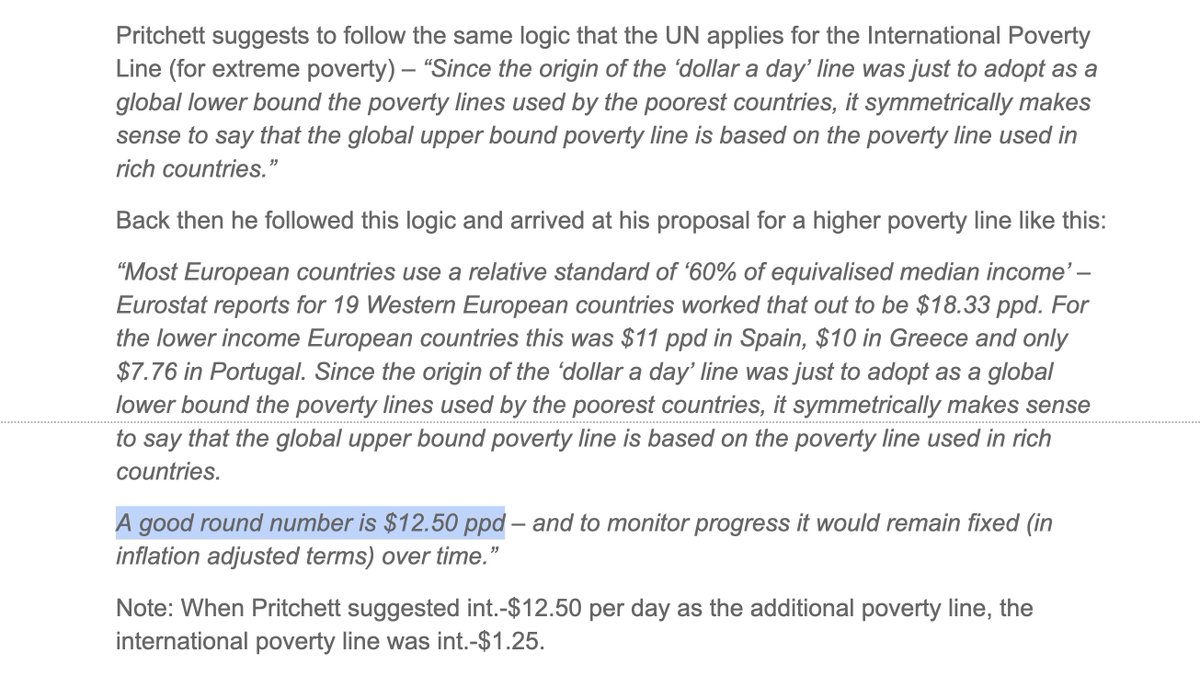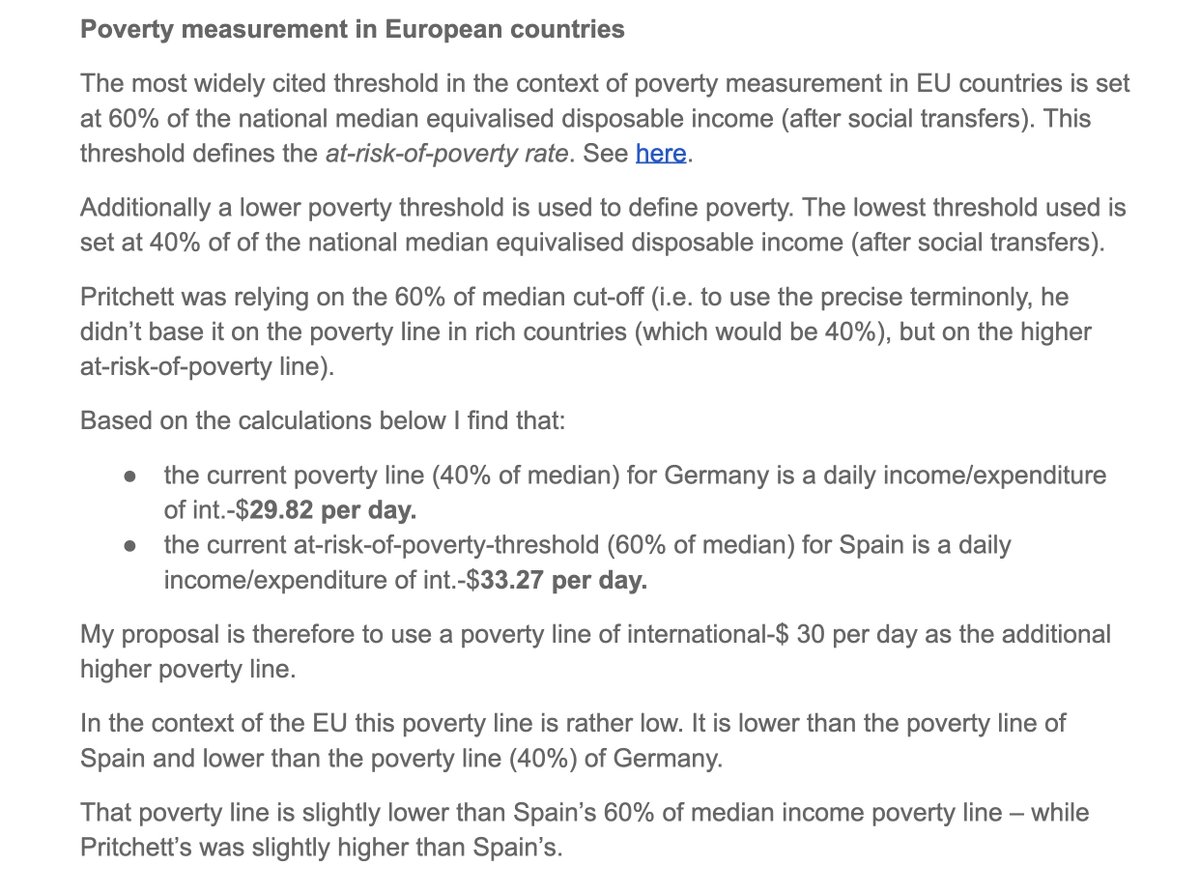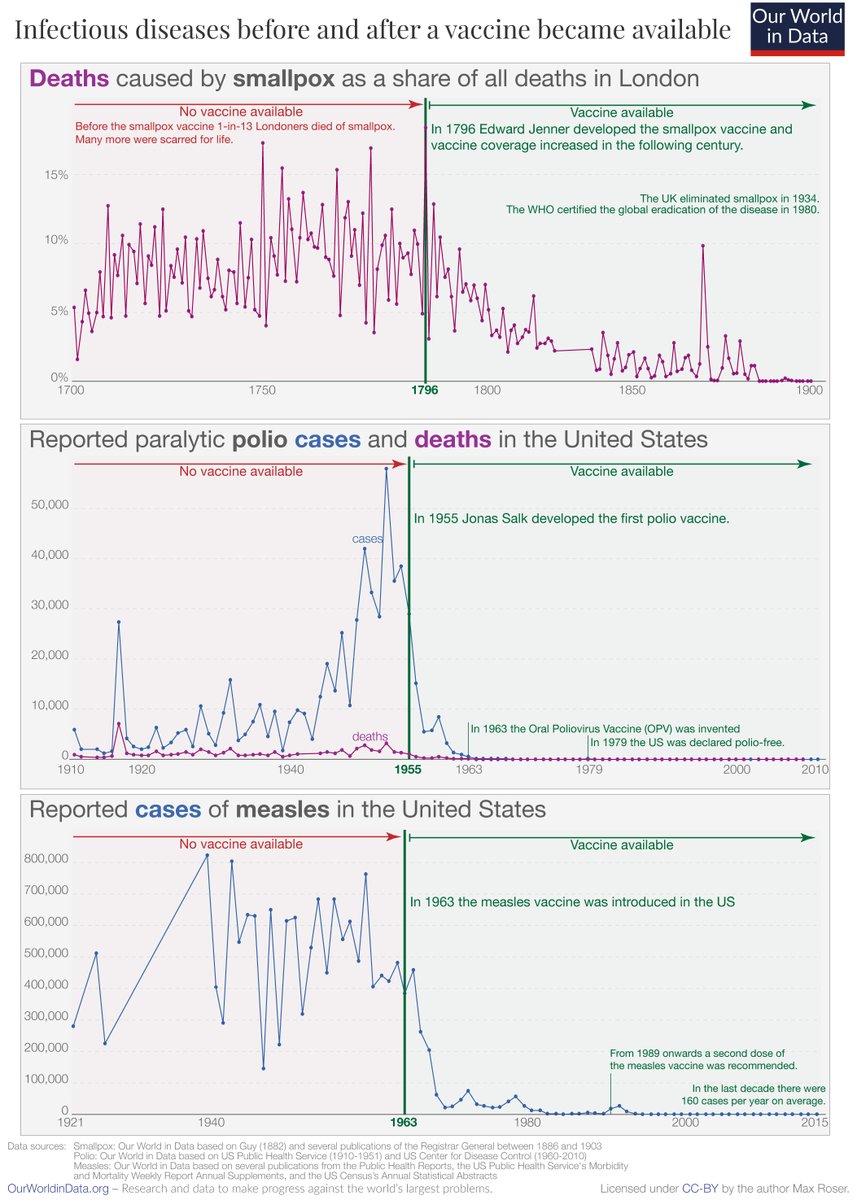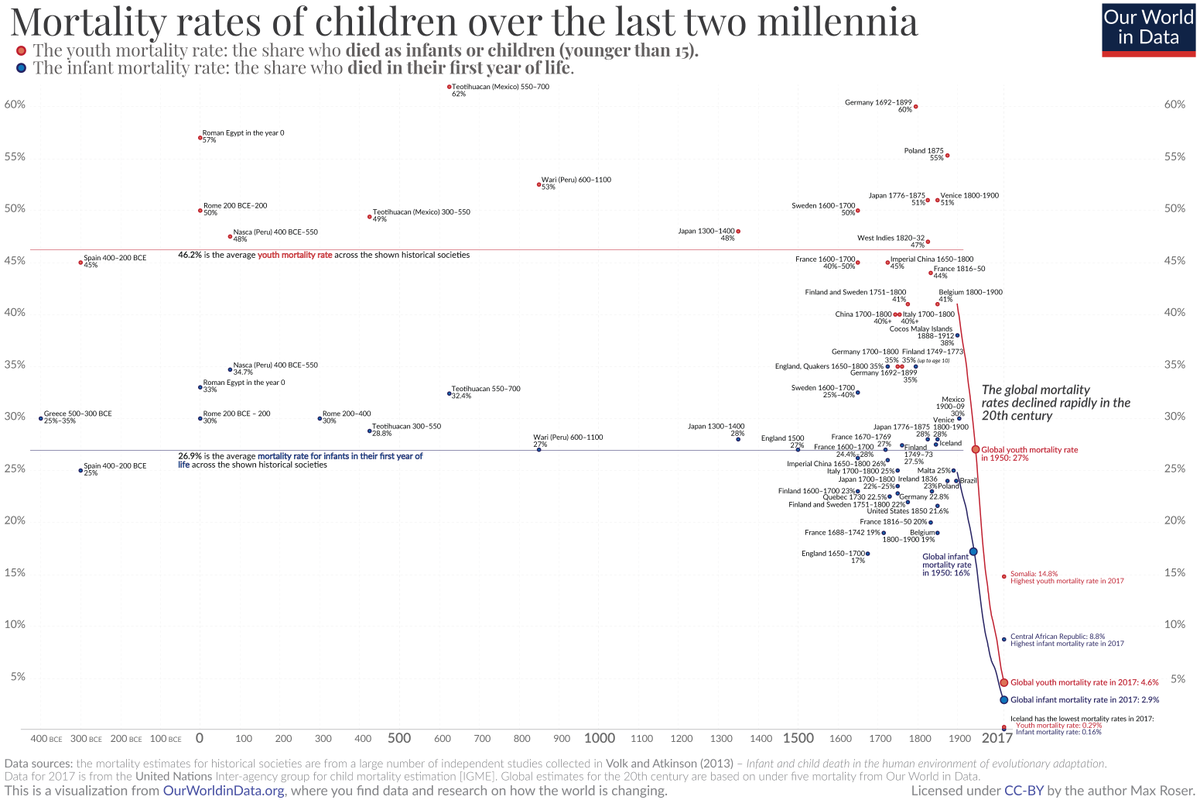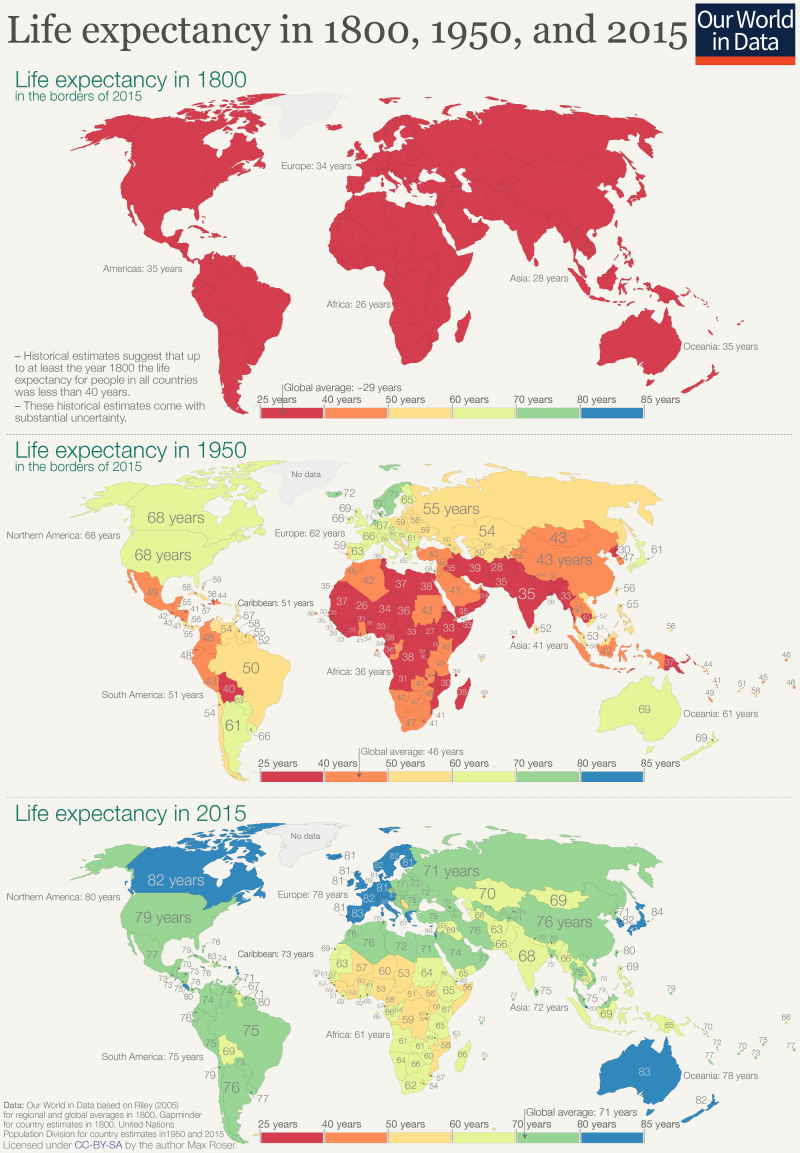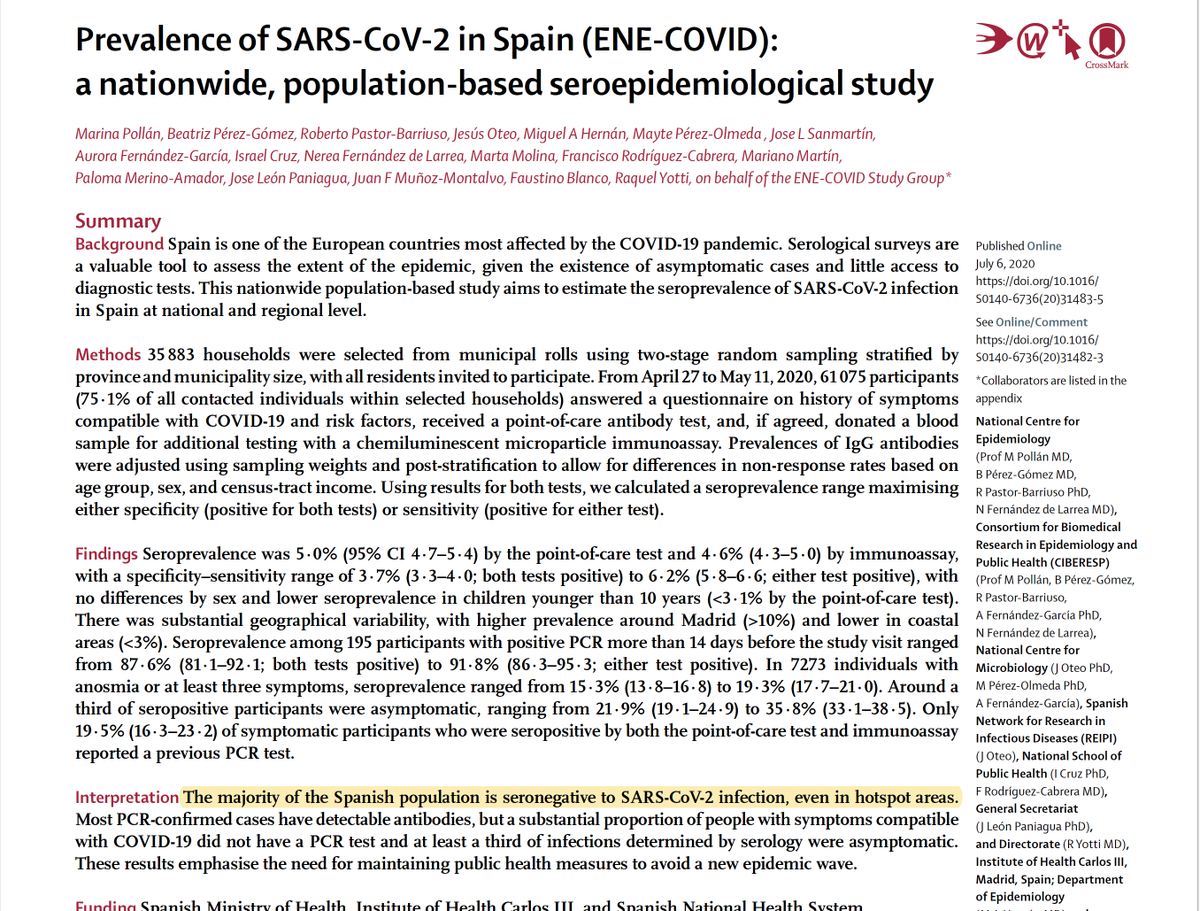
In the UK the number of cases rose rapidly.
But the public – and authorities – are only learning this now because these cases were only published now as a backlog.
The reason was apparently that the database is managed in Excel and the number of columns had reached the maximum.
But the public – and authorities – are only learning this now because these cases were only published now as a backlog.
The reason was apparently that the database is managed in Excel and the number of columns had reached the maximum.
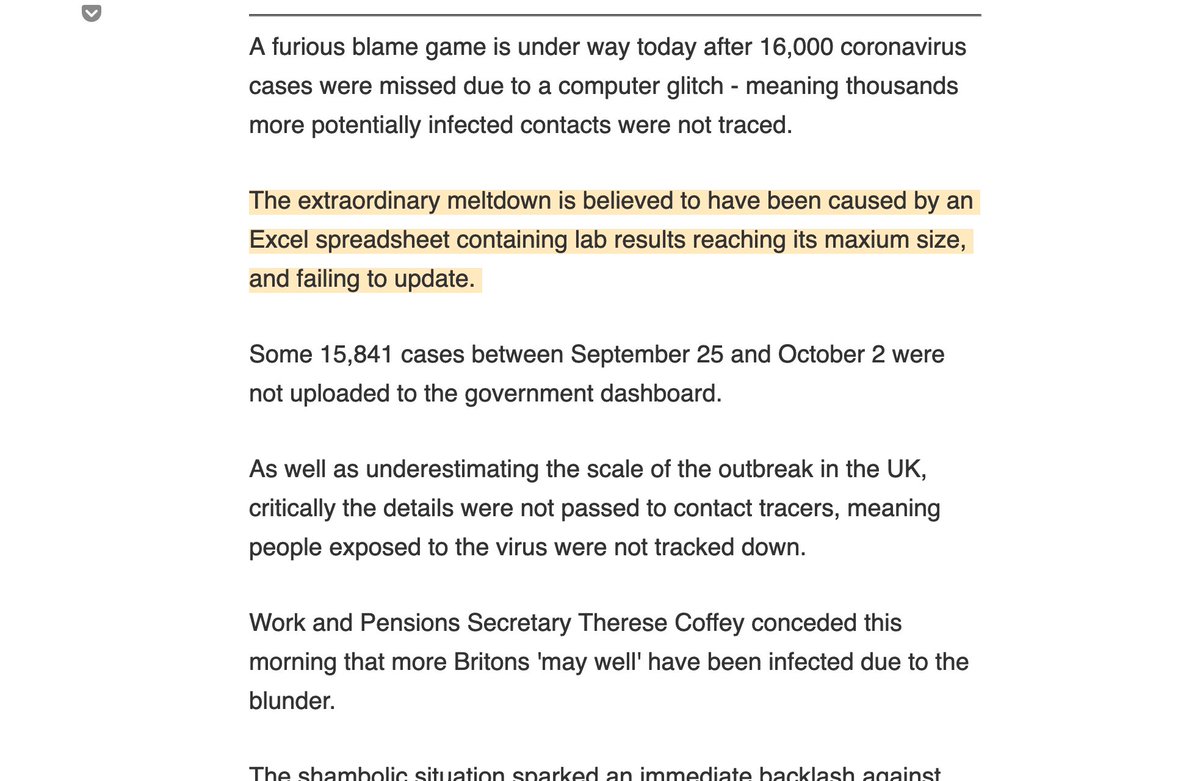
Here is the article dailymail.co.uk/news/article-8…
Glad that they are apparently now working on a solution. Not one, but several Excel spreadsheets…
Glad that they are apparently now working on a solution. Not one, but several Excel spreadsheets…

It is now also the main headline at the BBC: bbc.co.uk/news/uk-544125…
At the end of last week confirmed cases were "actually nearer 11,000" – about 4,000 more than reported.
This is very, very bad and also means that the outbreak is much more rapid than thought.
At the end of last week confirmed cases were "actually nearer 11,000" – about 4,000 more than reported.
This is very, very bad and also means that the outbreak is much more rapid than thought.
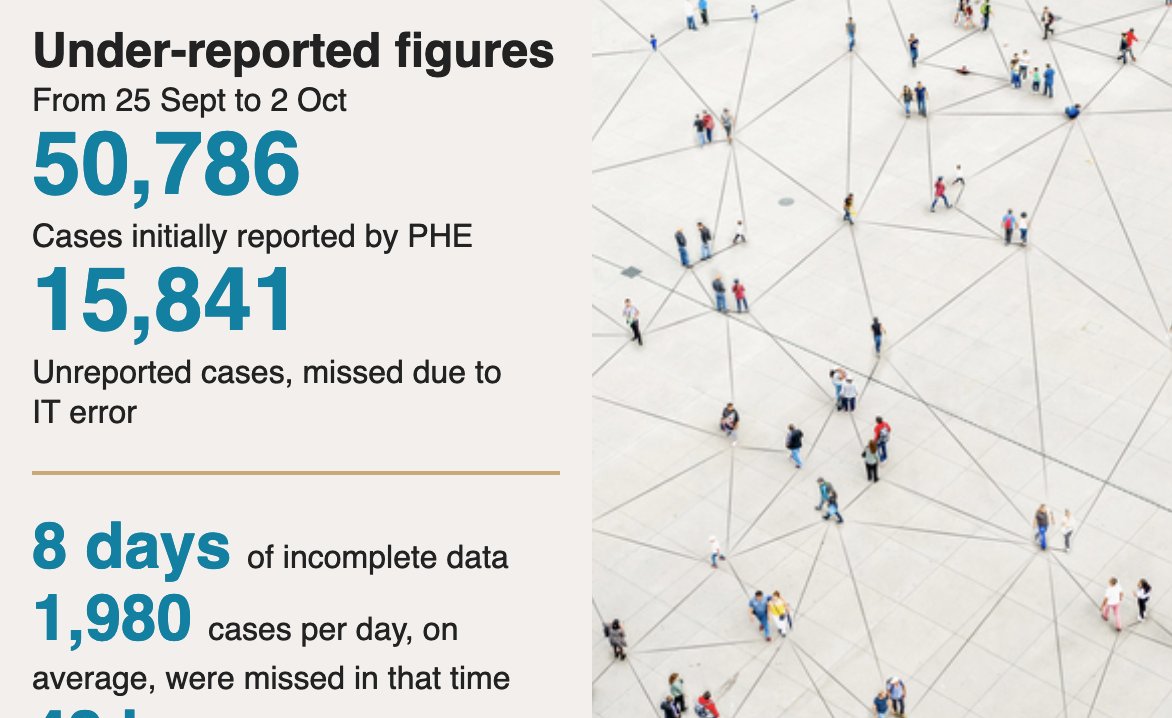
Poorly managed is not just a huge problem in the COVID-19 pandemic – and helping to improve this situation is one of our main motivations to build OurWorldInData.org
https://twitter.com/MaxCRoser/status/1313112825385095168
The BBC has now published details on how the Excel screwup happened: bbc.co.uk/news/uk-544225… 

• • •
Missing some Tweet in this thread? You can try to
force a refresh







